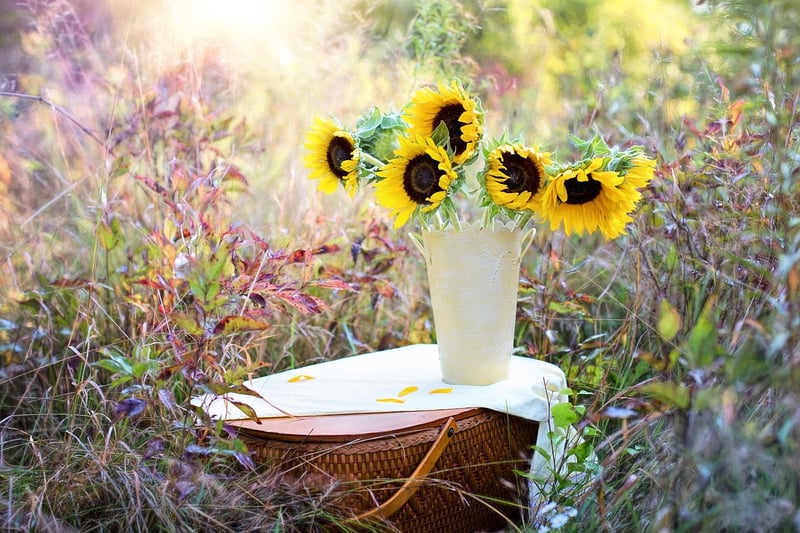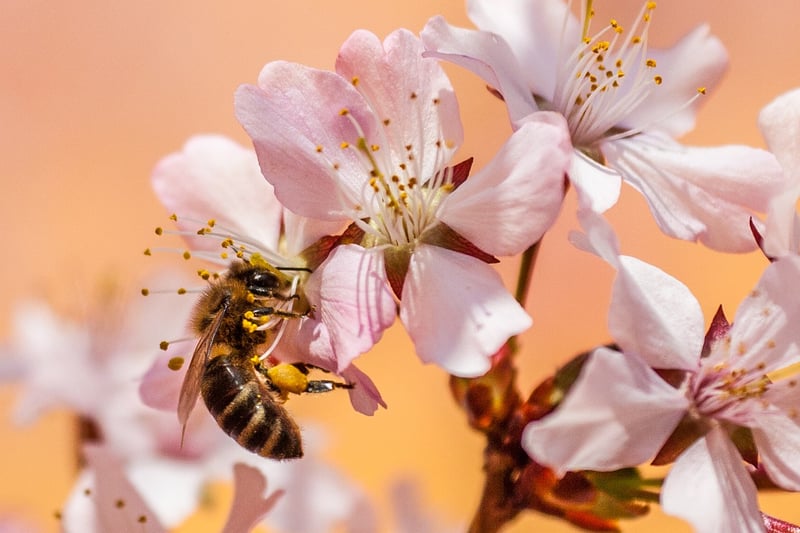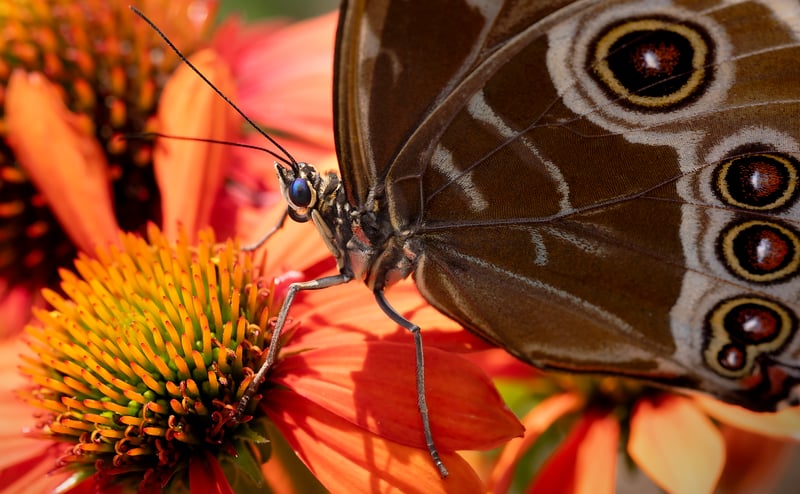Pollinator-Friendly
The Art of Planting and Arranging Flowers: Creating a Pollinator-Friendly Garden

Flowers are not only a feast for the eyes but also play a crucial role in supporting pollinators like bees, butterflies, and hummingbirds. By planting and arranging flowers thoughtfully in your garden, you can create a vibrant and pollinator-friendly space that benefits both your plants and the ecosystem.
Choosing the Right Flowers
When selecting flowers for your garden, opt for a variety of species that bloom at different times throughout the year. This ensures a continuous food source for pollinators. Native plants are particularly attractive to local pollinators and require less maintenance.
Top Pollinator-Friendly Flowers:
- Rudbeckia (Black-eyed Susan)
- Lavender
- Coneflowers
- Salvia
- Marigolds
- Zinnias
Arranging Flowers for Pollinators
Cluster your flowers together in groups of the same species to make them more visible to pollinators. Include a variety of flower shapes and sizes to attract a diverse range of beneficial insects.
Providing Habitat for Pollinators
Aside from planting flowers, consider adding features like bee hotels, butterfly houses, and bird baths to create a welcoming environment for pollinators to thrive.
Maintaining a Pollinator-Friendly Garden
Avoid using pesticides in your garden as they can harm pollinators. Instead, opt for natural pest control methods and embrace a bit of wildlife in your garden.
By incorporating these tips into your gardening routine, you can transform your outdoor space into a pollinator paradise, all while enjoying the beauty of blooming flowers.

Image source: Pixabay
